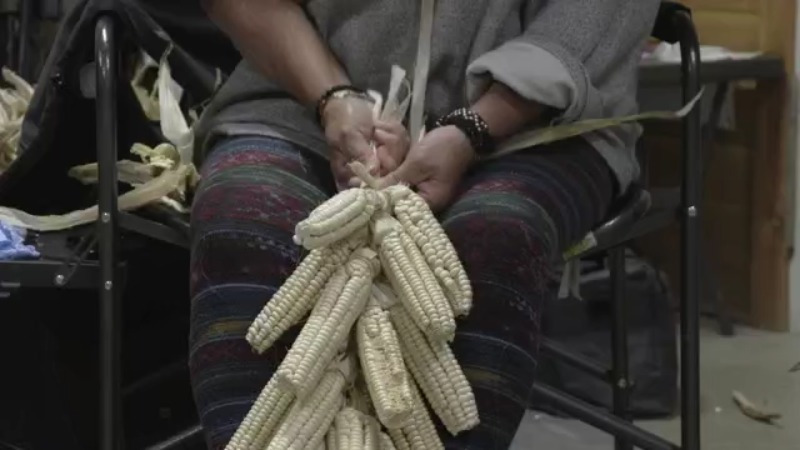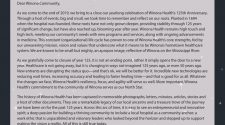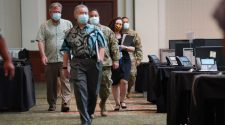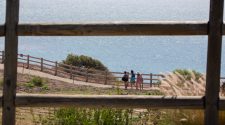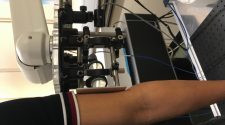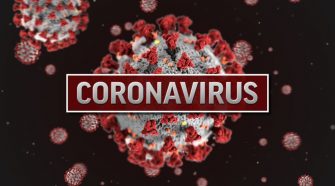BUFFALO, N.Y. (WIVB)– Native Americans have the highest prevalence of diabetes than any other racial group in the United States, according to the CDC. Thus, Native American communities are faced with some of the highest rates of diabetes in the country.
Whitney Brooks, registered dietitian nutritionist says the cause of these health disparities is directly related to history.
“When we were forced onto reservations, we were given rations from the US government. These Foods were not health-promoting, unfortunately so a lot of traditional dishes have been removed from our culture just from not being able to grow, plant, and live the way we had originally did,” Brooks said.
Brooks says each Native American community is faced with a different set of circumstances which makes combating these health disparities difficult.
“I know there are some Native communities that may not have running water, which is horrible and that’s something that needs to be addressed so it’s like it’s not your fault for having to depend on a shelf-stable food like that is a systemic failure,” Brooks said.
Brooks says it’s important for Indigenous people to have the right to healthy food options so that future generations may have fewer health disparities.
“We can be good ancestors one day and we can take care of ourselves and we can prioritize our own health,” Brooks said.
The Seneca Nation is working to reclaim the health of its residents through the Veggie Buck Program, aimed to increase accessibility and consumption of fresh vegetables and fruits in the community by utilizing local farmers.
Denise Mohawk, the Diabetes Coordinator for the Seneca Nation Wellness Center says residents earn vouchers by attending health education programs, which they can redeem for locally grown foods. “It’s been really great because we use it as an incentive to get people to come in for their appointments, participate in our groups. And they look forward to it, they earn it. And they use the veggie bucks too, so it’s a very exciting time for us,” Mohawk said.
In the late nineties, due to the extreme numbers of diabetes in the Indigenous population, the Seneca Nation received a federal grant. Mohawk says using the grant they have been able to develop successful programs.
“When we first got the grant, diabetes wasn’t spoken about much, it was almost like there was a fatalistic attitude, people felt like it was inevitable that they were going to develop diabetes it was just a matter of time, so really I think it was a fear, we weren’t just comfortable talking about it openly,” Mohawk said.
Mohawk says with more educational resources available to the community, the conversation surrounding diabetes has become talked about more openly.
“Doing these things over time, helped to diminish that fatalistic view, people understand that this is something that they can learn how to combat diabetes and its complications,” Mohawk said.
Co-owner of Red Pine Farms, Michael Abrams participates in the program as a local vendor, he says it’s rewarding to help meet the needs of his community.
“I get a deep satisfaction of giving back quality and premium ingredients that they can use for their salad sandwiches. It’s a nice added benefit to see everybody trying them out,” Abrams said.









